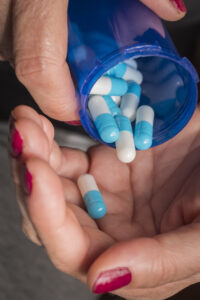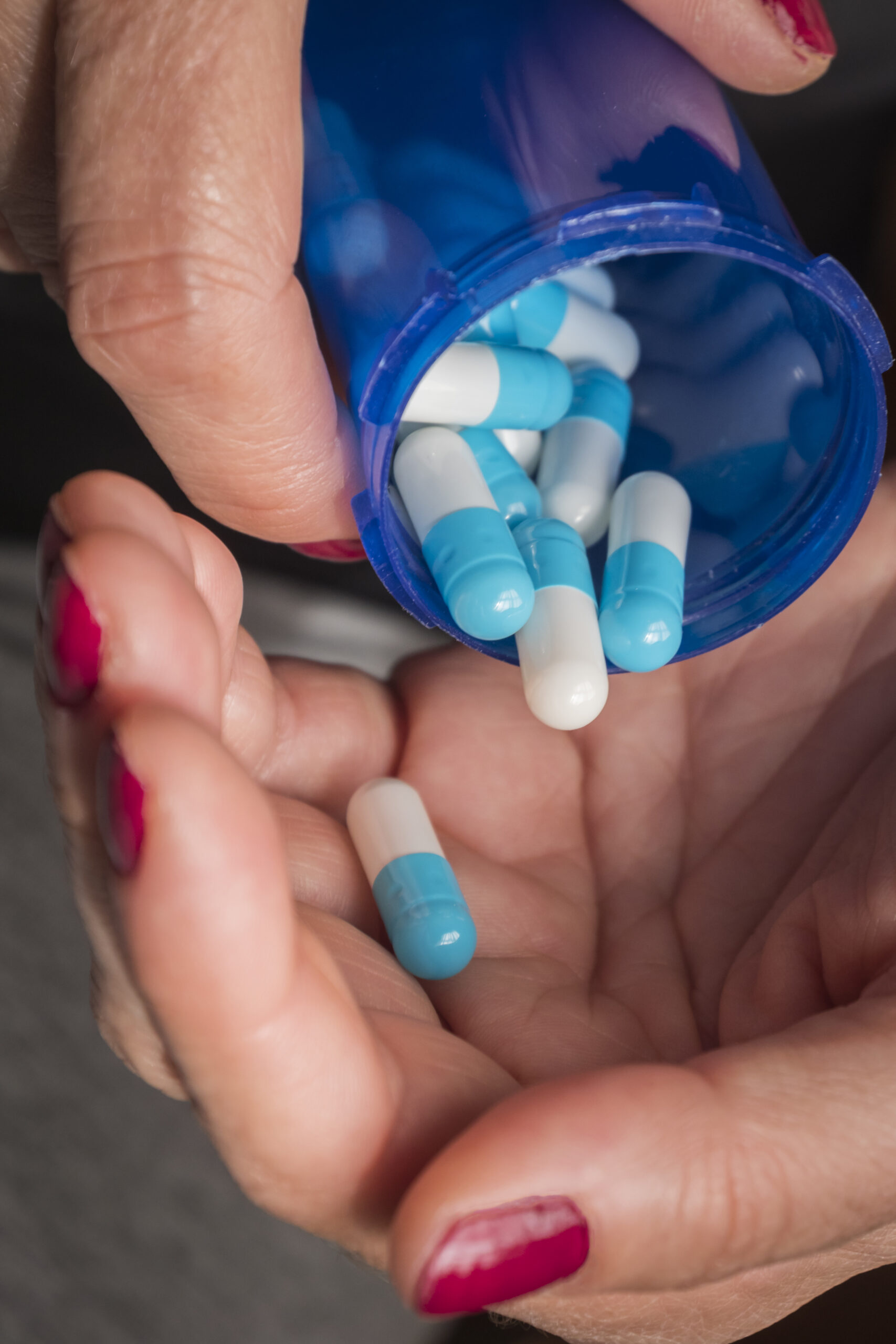Free Medicines and Solidarity-Based Laboratories Made Possible by Private Donations
Access to medication is undergoing a transformation driven by a new model—one propelled by visionary donors seeking to create lasting social impact. Across the world, access to medicines is at a critical juncture. Millions of people wait for the drugs they need to continue their treatments. In this context, solidarity-based laboratories are redefining the role of the pharmaceutical sector in public health.

Partnerships between public programs and private donations are paving the way toward ensuring free and continuous treatment for vulnerable communities. These initiatives bring together philanthropy and science to manufacture, distribute, and donate essential medicines to populations excluded from medical care.
Access to Medicines Changes Lives
The model of solidarity-based laboratories emerged as a response to global health emergencies. In the 1990s, when HIV treatments were unaffordable in Africa and Latin America, the first partnerships between pharmaceutical companies and private foundations were formed to deliver life-saving drugs to affected regions.
This initial collaboration demonstrated that donating medicine not only saves lives but can also create sustainable distribution networks to ensure continuity of treatment. Today, this model has evolved, improving millions of lives.
Foundations such as the Bill & Melinda Gates Foundation, the Rockefeller Foundation, and regional programs like Fundación Mundo Sano in Argentina and Fundação Oswaldo Cruz (Fiocruz) in Brazil have expanded their efforts, integrating research, production, and the free delivery of essential drugs.
What began as a humanitarian effort has become a model of social innovation in which private investment plays a key role in addressing urgent health needs.
In Argentina, collaboration between national laboratories and private donors led to the launch of programs such as Acceso Saludable (“Healthy Access”), which provides free treatment for people with chronic diseases who lack medical coverage.
Through donations and agreements with local pharmacies, more than 150,000 patients with hypertension, diabetes, or respiratory illnesses have been able to continue their treatments at no cost.
In Africa and Asia, the Essential Medicines Program has become a model replicated across several countries due to its success. Each year, millions of doses of antiparasitic drugs, antibiotics, and vaccines are distributed free of charge through rural hospitals and primary care centers.
Many of these initiatives, supported by private donations and partnerships, also include technology transfers and local training, allowing recipient countries to eventually produce their own generic medicines—fostering long-term health autonomy.
A New Paradigm in Pharmaceutical Solidarity
Some laboratories have created dedicated divisions for solidarity-based production. Novartis, for example, launched Novartis Access to manufacture affordable medications for noncommunicable diseases in low-income countries, partially funded by private contributions.
In Latin America, this model continues to grow. The Fundación Huésped and Fundación Garrahan collaborate with small laboratories and benefactors to guarantee free access to costly oncology and pediatric treatments.
These initiatives not only cover the cost of medicines but also logistics, storage, and transportation—creating comprehensive structures for equitable healthcare access.
Advances in biotechnology and digitalized production processes have also reduced manufacturing costs, enabling the production of high-quality medicines at lower prices and allowing for free distribution independent of state-run programs.
Behind this transformation are donors—often individuals or families—with a long-term vision of social impact. Some fund research lines, others support manufacturing operations or sustain distribution in remote communities.
The Drugs for Neglected Diseases initiative (DNDi), a public-private partnership founded through donations from European foundations and individual philanthropists, aims to develop treatments for neglected diseases such as Chagas disease, leishmaniasis, and dengue.
The organization works with local laboratories in Latin America and Africa, sharing patents to boost local production capacity.
These investments share a common goal: to save lives, reduce inequalities, and strengthen community-based health systems. Private sector participation provides agility and long-term sustainability.
The rise of solidarity-based laboratories marks a paradigm shift. For the first time, the pharmaceutical sector is demonstrating that it can play a leading role in narrowing health gaps—without waiting for state intervention.
Through private donations, social innovation, and ethical commitment, companies and foundations are building a new narrative that redefines medicine as a common good. Sometimes, it is the generosity and vision of those who choose to invest their wealth, knowledge, or technology that truly transform access to a decent quality of life.


